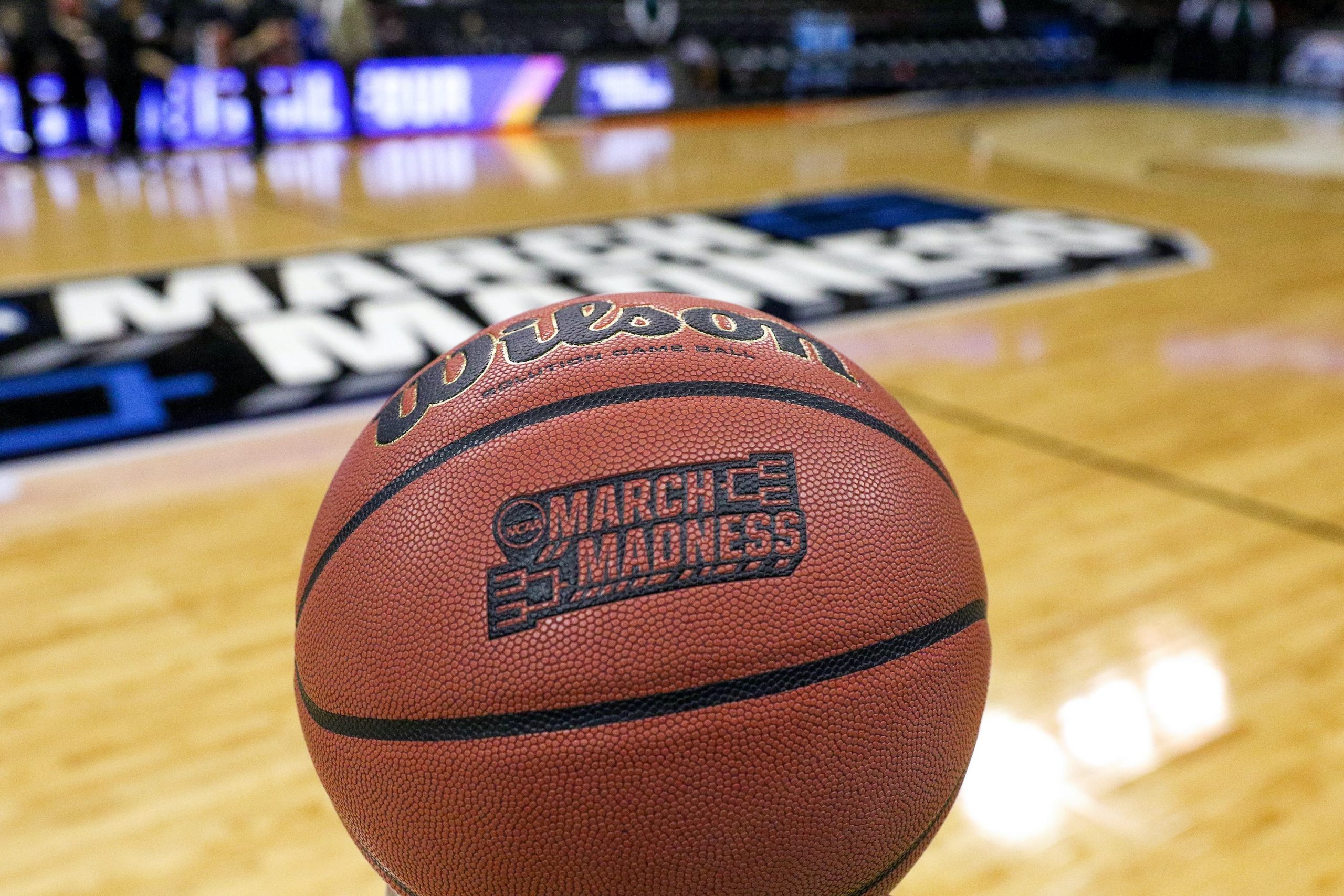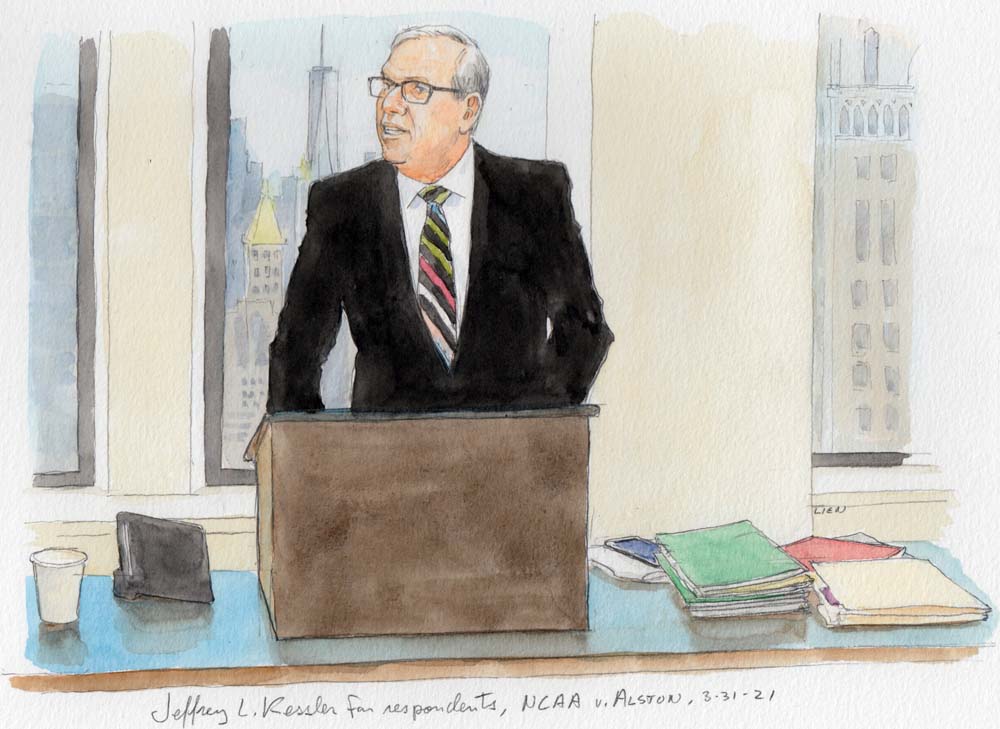Ignatius L Hoops
Well-known member
- Joined
- Sep 9, 2015
- Messages
- 10,583
- Reaction score
- 3,390
- Points
- 113

Amid March Madness, antitrust dispute over college athlete compensation comes to the court - SCOTUSblog
This weekend the National Collegiate Athletic Association will host its storied “Final Four” to determine the champions of the men’s and women’s Division I basketball tournaments. But first the NCAA will be in a different high court on Wednesday: the U.S. Supreme Court, which will hear oral argument
 www.scotusblog.com
www.scotusblog.com
Supreme Court Decision Expected in June
Background
The NCAA is an organization with over 1,000 member colleges and universities. The group’s website describes the NCAA as “dedicated to the lifelong well-being and success of college athletes.” Under the NCAA’s rules, colleges and universities can pay for athletes’ legitimate educational expenses, such as tuition and fees, room and board, and books, as well as “modest” awards for athletic or academic achievements. But if athletes are paid for playing sports, they become ineligible under NCAA rules.
The case before the Supreme Court on Wednesday, NCAA v. Alston, began as a class action filed in 2014 by Division I football and basketball players against the NCAA. The lawsuit argued that the NCAA’s restrictions on eligibility and compensation violate federal antitrust laws because the restrictions prevent college athletes from receiving fair-market compensation for their labor. A federal district court in California gave the athletes a partial victory. It ruled that the NCAA could not limit benefits related to education, but the court concluded that the NCAA could continue to restrict benefits that are unrelated to education. After the U.S. Court of Appeals for the 9th Circuit affirmed that decision, the NCAA went to the Supreme Court, which last year agreed to hear the case.

Justices employ full-court press in dispute over college athlete compensation - SCOTUSblog
With just a few days until college basketball begins its “Final Four” to crown the men’s and women’s champion, the attention at the Supreme Court on Wednesday turned to college sports. The spotlight was often harsh, with several justices openly criticizing the state of elite college sports – and, by
 www.scotusblog.com
www.scotusblog.com
Review of Oral Arguments
With just a few days until college basketball begins its “Final Four” to crown the men’s and women’s champion, the attention at the Supreme Court on Wednesday turned to college sports. The spotlight was often harsh, with several justices openly criticizing the state of elite college sports – and, by extension, efforts by the National Collegiate Athletic Association to defend restrictions on compensation for college athletes on the ground that they preserve amateurism. But at the same time, the justices expressed concern that a decision in favor of the college football and basketball players who are challenging the NCAA’s eligibility rules could eventually destroy college sports altogether.
